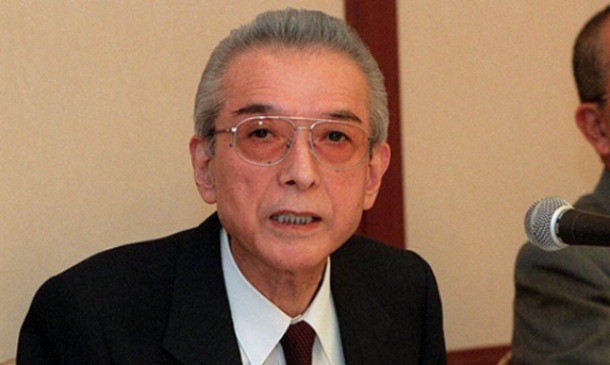Please support Game Informer. Print magazine subscriptions are less than $2 per issue
[Update] Nintendo Completes Stock Buyback From Founding Family

Update: Nintendo has completed the purchase of stock from the Yamauchi family. The company reports that it acquired all 9.5 million shares through off-auction trading (such that no other entities could purchase).
The publisher paid ¥114,237,500,000 ($1.12 billion). Nintendo allotted ¥125 billion ($1.23 billion) for stock reacquisition of up to 10 million shares to be completed by the close of the company's fiscal year on March 31, 2014.
Original Story:
Nintendo has announced its intentions to purchase up to 9.5 million shares of stock from the company’s founding Yamauchi family. The news will see up to 7.5 percent of outstanding shares return to the company’s treasury.
The shares are in the possession of former CEO Hiroshi Yamauchi’s four children. While they are not completely divesting, the move would significantly reduce the family’s holdings, currently estimated at 10 percent of total outstanding shares.
As of publication, the share value is $14.60. If Nintendo were to fully purchase the 9.5 million shares, the total cash outlay would represent as much as $1.13 billion of the $1.2 billion buyback plan. The total number of shares to be included will depend on market conditions
Nintendo reported cash equivalents of approximately $11 billion in its third quarter financial report. While the repurchase of common stock would represent about 10 percent of cash and equivalents, Nintendo still has a significant war chest should it decide to invest in talent or infrastructure.
[Source: Nintendo]
Our Take
Nintendo is investing in itself via the stock repurchase. Theoretically, reducing the amount of outstanding common stock should increase shareholder value. Whether investors take this as a sign of confidence is something we’ll know when Japan’s market opens tomorrow. As for the Yamauchi family's motivations, it's impossible to determine if this is simply letting go of the family legacy or something more connected with the current performance.










